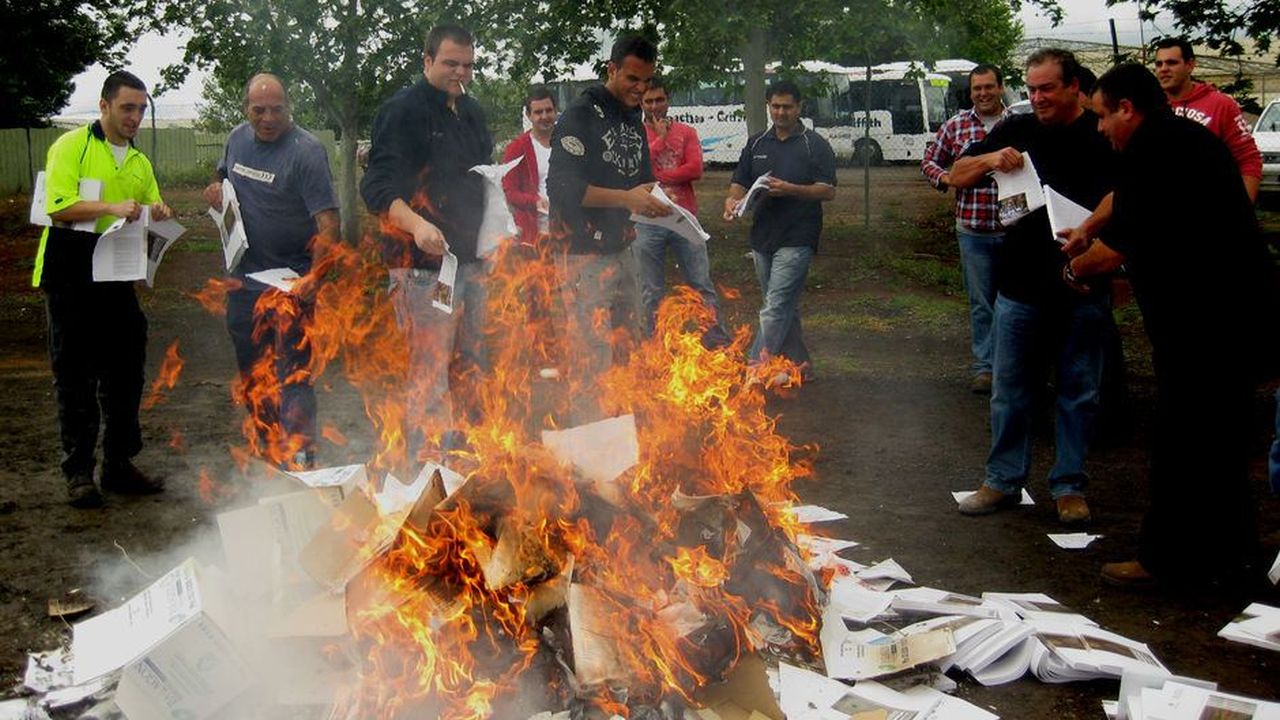
Taking responsibility for complexity (section 3.1.2): Engaging local institutions and anchoring interventions
This article is part of section 3.1 of a series of articles featuring the ODI Working Paper Taking responsibility for complexity: How implementation can achieve results in the face of complex problems.
In many instances, the implementing agency may not have the capacity to address complex problems on its own (at a particular scale), or not without the cooperation and collaboration of others. It is important to engage and work with or through local organisations that are already addressing the policy problem at the requisite scale. A substantial body of research lends weight to the idea that, while national governments play an important role in setting the scene, local organisations are responding more directly to local needs and increasing local capacity to cope with change1.
The ongoing programme of work by the APPP [Africa Power and Politics Programme (ODI)] suggests that a central aim should be to anchor public action in local realities2. Anchoring requires two things: first, that institutions and behaviours are arrived at locally and address obstacles that have arisen as a result of local problem solving; and second, that new arrangements draw on institutional elements that are inherited from the past, or draw on the toolkit of cultural ideas and norms.
Local institutions such as municipal governments (where well-anchored), farmers unions, women’s savings groups, indigenous peoples movements or citizens associations hold an advantage over largerscale institutions, which comes from being more firmly anchored in local realities and better-placed to respond quickly to changes, based on location-specific knowledge. Such organisations are also frequently better-embedded in local norms and have more legitimate actors for mobilising community action or resolving conflicts3. By working with local and grassroots organisations, government may be able to garner trust and further contribute to the different levels of collaboration required in order to improve institutional capacity and resilience in the face of complex problems.
One clear response is simply to work through such organisations, for example by contracting them to deliver services. Another approach is co-management, whereby government agencies share powers and responsibilities with local organisations and groups4. The model has emerged in response to many cases of NRM [natural resource management] problem in which government officials have the authority to take decisions but lack the requisite local knowledge and also the capacity to ensure compliance with their decisions5. Co-management allows the policy response to a complex problem to capitalise on the effectiveness of various organisations, proceeding through cooperation between those with authority and representative organisations. A third response is to improve the interplay between different institutions at various levels and scales. This could be through a variety of cooperative or contractual undertakings or, where there is recourse to central mechanisms to solve conflicts, in a way that helps them function coherently and with consistent patterns of behaviour.
Next part (section 3.1.3): Convening and boundary management.
See also these related series:
- Exploring the science of complexity
- Planning and strategy development in the face of complexity
- Managing in the face of complexity.
Article source: Jones, H. (2011). Taking responsibility for complexity: How implementation can achieve results in the face of complex problems. Overseas Development Institute (ODI) Working Paper 330. London: ODI. (https://www.odi.org/sites/odi.org.uk/files/odi-assets/publications-opinion-files/6485.pdf). Republished under CC BY-NC-ND 4.0 in accordance with the Terms and conditions of the ODI website.
References and notes:
- Bigg, T. and Satterthwaite, D. (eds) (2005). ‘How to Make Poverty History: The Central Role of Local Organizations in Meeting the MDGs.’ London: IIED. ↩
- Booth, D. (2010). ‘Towards a Theory of Local Governance and Public Goods’ Provision in Sub-Saharan Africa.’ APPP Working Paper 13. London: ODI. ↩
- Uphoff, N. (1992). ‘Local Institutions and Participation for Sustainable Development.’ Gatekeeper Series 31. London: IIED. ↩
- Carlsson, L., and Berkes, F. (2005). ‘Co-management: Concepts and Methodological Implications.’ Journal of Environmental Management 75: 65-76. ↩
- Brondizio, E., Ostrom, E. and Young, O. (2009). ‘Connectivity and the Governance of Multilevel Socialecological Systems: The Role of Social Capital.’ Annual Review of Environment and Resources 34:253-278. ↩






